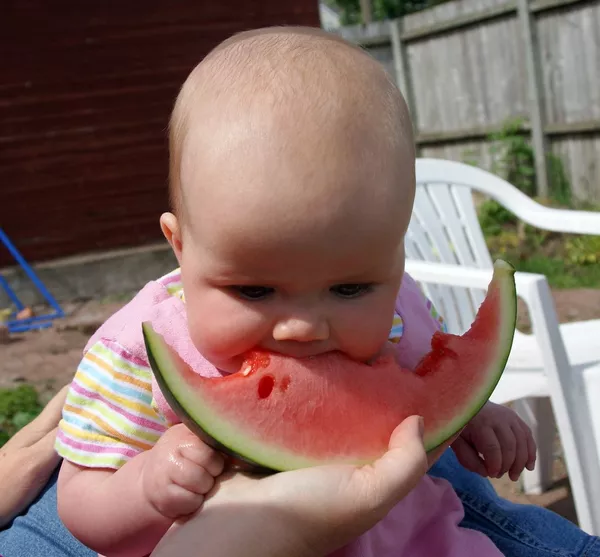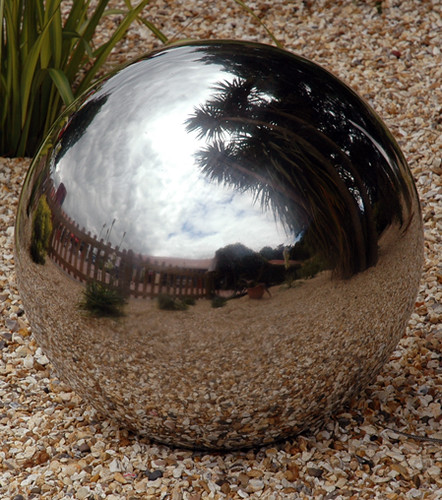 n last week’s post, we learned (more or less) how to play pétanque, or should I say we learned how pétanque is played. I do hope you practiced your swing, which requires no boule, no pitch, and no team. Nonetheless a good swing is central to your eventual possession of, participation on, and membership in the above said elements of the game.
n last week’s post, we learned (more or less) how to play pétanque, or should I say we learned how pétanque is played. I do hope you practiced your swing, which requires no boule, no pitch, and no team. Nonetheless a good swing is central to your eventual possession of, participation on, and membership in the above said elements of the game.

This week, I’d like to explore the history of the word, la pétanque itself. Now, it is a funny sounding word in French, at least to my ears. It reminds me of the French word la pâsteque, which is the word for watermelon. I was on the etymological hunt because both words end in “que.” The origin I’ve always heard for la pâsteque is that it is an Urdu word borrowed from Persian. Googley-eyed Google suggests these alternates: 1) it is Aramaic (the language Jesus spoke), then Syriac and into Hebrew, making it a Biblical fruit, but I wonder if a watermelon really has Biblical pretensions, or 2) that it is Portuguese via Arabic. Let’s just stick with Urdu. Now, on to la pétanque!
Senator Google says this: “The French name pétanque (borrowed into English, with or without the acute accent) comes from petanca in the Provençal dialect of the Occitan language, deriving from the expression pè tancat [ˈpɛ taŋˈkat], meaning ‘foot fixed’ or ‘foot planted’ (on the ground).”
BURNING QUESTION
Reader: What does this mean, that pétanque originates from “theProvençal dialect of the Occitan language?” Where did French go?
Me: This is quite a story. There were two principal languages in France back in the day. The website Medieval Spell (!) tells us more: “The Langue d’Oc and the Langue d’Oil are the two principal groups of dialects spoken in medieval France. A geographical separation between the two can be drawn as a line going from Bordeaux to Grenoble, with the Langue d’Oc spoken south of it. [To the north is French, Langue d’Oil]. The Langue d’Oc evolved into the Occitan language, and the language of the troubadours, the Provençal (the language of Provence), is actually part of the Occitan. . . and was practically the language of the whole of the south of France.

“The difference between these languages can be best characterized and comprehended by reference to the classification of Dante, which divides the Romance languages into three groups. The groups are distinguished from one another by the difference of the word expressing “yes.” In one set of dialects “yes” was Oc, in another was Oil, and in another it was Si. The three languages were accordingly described as the Langue d’Oc, the Langue d’Oil, and the Lingua di Si. The Langue d’Oc referred to the Provençal, the Langue d’Oil to the Northern French, and the Lingua di Si to Italian.”

Reader: Okay?
Me: One tantalizing fact is that in 1921,12-14 million people spoke Occitan, whereas now it’s about 100,000. I have a friend whose grandparent spoke only Occitan and he couldn’t understand his grandfather. In my lifetime this happened! The point is that who knew France had so many languages?
Languages? Check.
DON’T FORGET CATALAN
Catalan was considered Occitan until the 19th century, until the two separated, and Catalan is now its closest relative. (Oh, to have been a fly on the wall to see what must have happened for the two languages to break up.)

Reader: Seriously, what’s Catalan got to do with it?
Me: For one thing, it was considered one of the great languages of Medieval Europe. Catalan is classified as a western Romance language. (This I didn’t know. I thought of the Romance languages as French, Spanish, Italian, Portuguese and Romansh—this last spoken in Switzerland. In fact, there are some 44 Romance languages!)
During the Middle Ages, Catalan was one of the official languages of Italy, for example. It was the dominant language in Spain until the 15th century when Spanish became more prestigious. In the Treaty of the Pyrennes in1659, the Pyrennes mountain range was established as the new boundary separating France and Spain, and part of Catalonia was ceded to France, putting it under French influence. While it is no longer the case, language repression ruled! Here’s Wiki: “Shortly after the French Revolution in 1789 the first French Republic prohibited official use of, and enacted discriminating policies against, the regional languages of France, such as Catalan, Alsatian, Breton, Occitan, Flemish and Basque.” These other minority languages have interesting histories of their own, but we will save them for another day.
Catalan? Check.

LET US SAY THE WORD
Listen to all the ways you can pronounce la pétanque. You would think that in France there’d be agreement? Mais non! Of course not. Feel free to scroll away to see how the word is pronounced in French speaking countries, and even how it’s said in Catalan.
https://www.pronouncekiwi.com/Petanque
Pronunciation? Check.
LE COCHONNET
This is the first small ball thrown as a marker in pétanque. All other balls are aimed in its direction. When I was trying to figure out why it is called le cochonnet, a player suggested recently that it’s because a piglet is cute, and the orange ball is cute. After much searching, this is the only reason I have found. Le cochonnet is also called a bouchon, or stopper, as in the stopper of a wine bottle, which is fine, too. (In England this ball is called a jack. Don’t ask me!)
Le cochonnet? Unchecked.
PASTIS
The drink that de rigueur is paired with games of pétanque? The name, Pastis? Where does it come from? You guessed it. It’s from Occitan.
Pastis? Check.
POEM
Since poetry is also about language, here’s a poem about le pétanque.
Marseille
a poem
Jennifer Grotz
July and the sound of cicadas is unceasing
as doubt or death or dust’s bright splintering in
the sun.
Along the Vieux Port, boats are raised on
pulleys,
under which tanned men scrape down the hulls.
Urine drying on the hot sidewalk in the noon
heat
mixes with the smell of fish, where the
morning’s catch
is spread on tables under umbrellas for sale.
Thank you for not urinating on the ground
the sign entering the boulodrome reads
because it’s mostly men who play pétanque.
Often they stand so still with concentration
you can see the sun-bleached sand in their
eyebrows,
sand a sirocco blew from Africa. Cigarette
tucked
behind his ear, one player draws a circle in the
dust
with his boot. Another swings a lead ball in one
hand
and lets go. The smell of perspiration is holy, the sky
couldn’t be more blue. Everyone spends a long
time
looking at the ground. Bare earth, but slight
shifts
in topography to consider, calibrations of
pebble,
bulging tree roots. Sunlight is everywhere at
once.
Look at their shadows, said the man who
brought me
to teach me how to tell which ball was closer
to the bouchon. I look at the ground the way
I stare at the sea when a great ship floats on the
horizon
from a distance I could never swim alone
until I perceive it’s not fading away, it’s fading
into being, in the time it takes to write this, it’s
here.
(July 21, 2022 issue of The New York Review of Books.
Jennifer Grotz’s most recent book of poems is Window Left Open. July 2022)

GODOT
Samuel Beckett was an accomplished cricket player. It is called a bat and ball game, and while there is some bowling involved, it is a far cry from the measured swing and calm of pétanque. The only athleticism in Beckett’s play, Waiting for Godot, is a kind of vaudeville clowning around. I think it’s true that we can characterize the actions of the two vagrants as play-acting, horsing around, being funny, sad, miserable and elated, but for some reason no one plays any games at all. Beckett surely was familiar with the card game, belote, written about in the books of the mystery writer George Simenon. And pétanque, surely. And equally as surely les jeux de sociéte that French families play. And yet, not a game in sight. Is the play too serious, despite its playfulness, to turn to games? Some critics consider the hat the two pass around as a game. Perhaps structured play, i.e. games, goes against the minimalist intent of Beckett’s play to show the fractured life of the modern person. By the way, I am kind of happy there is no cricket in the play. You can watch your fill of that in the Bollywood movie Lagan, which is a wonder!